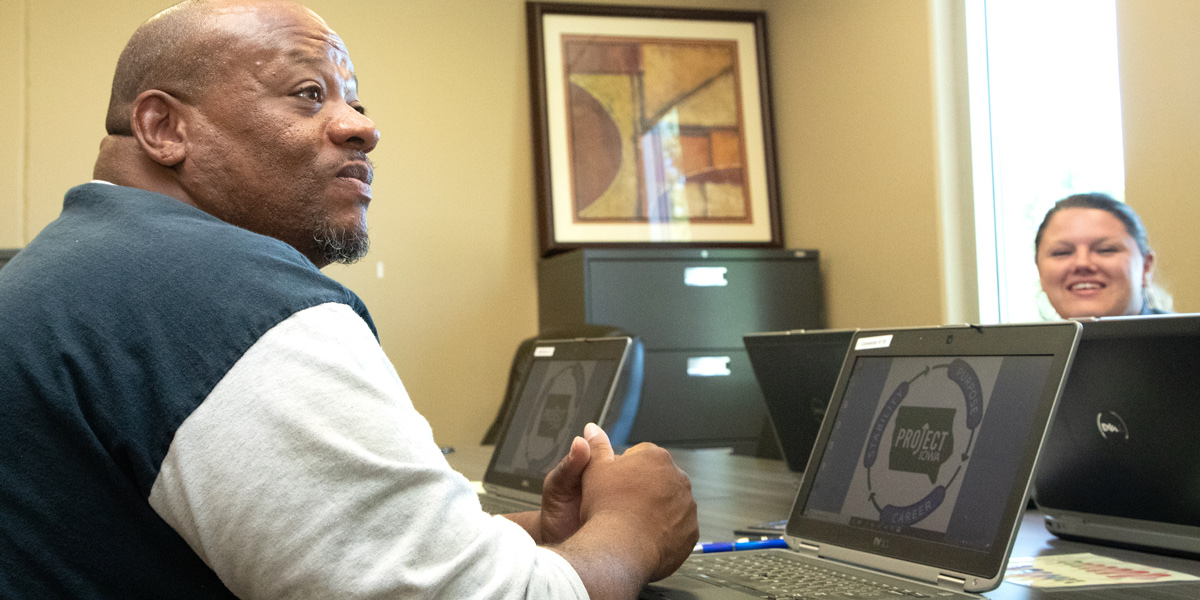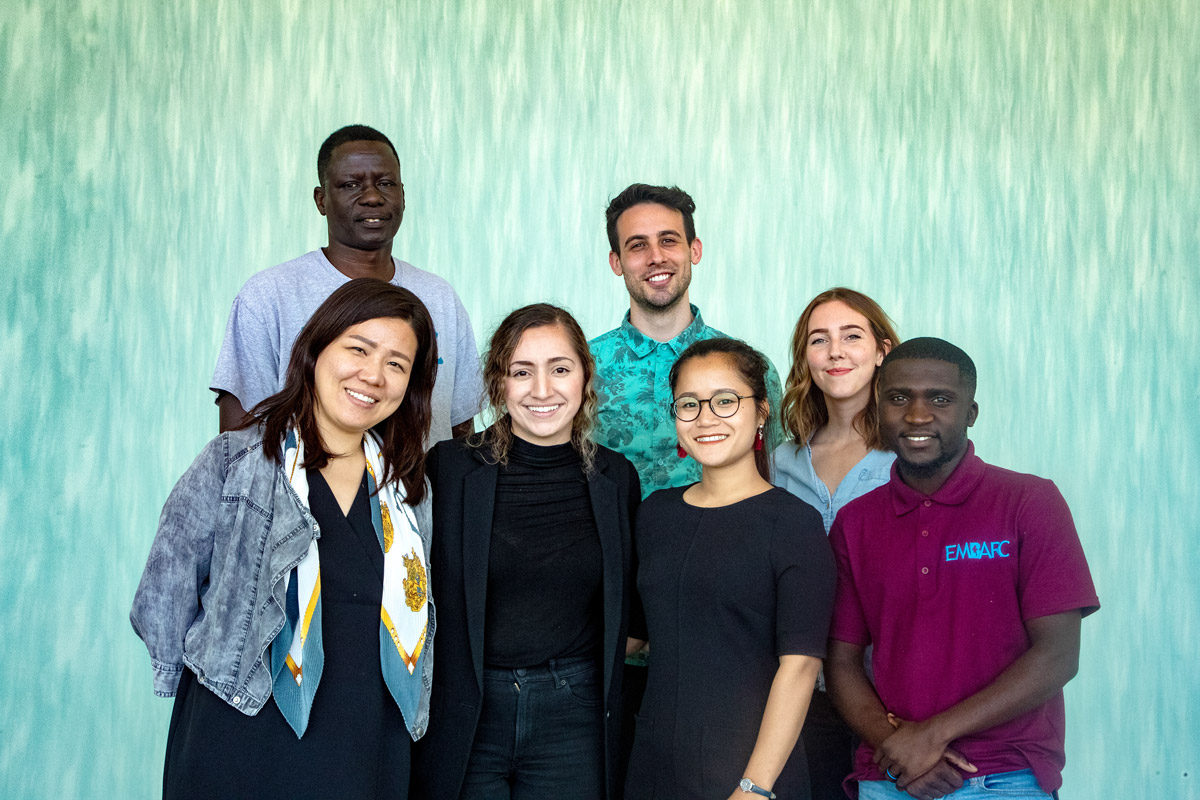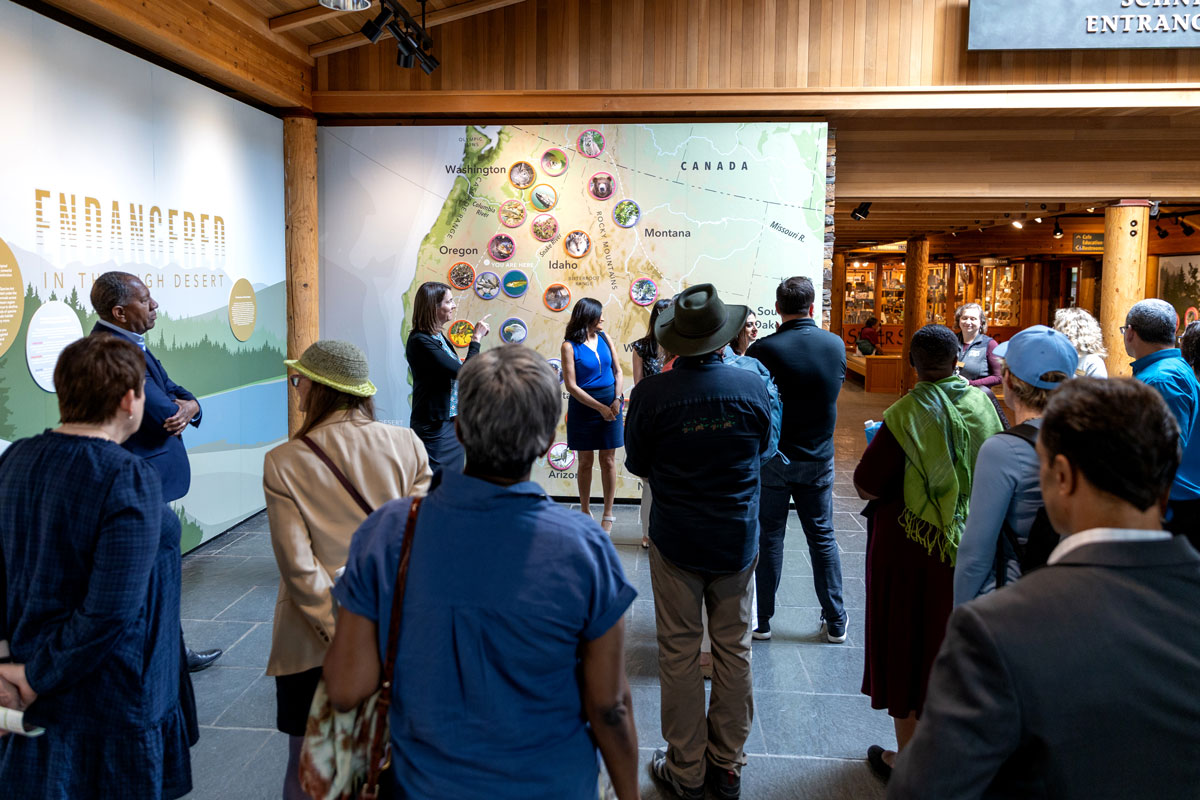Time and again, grantees have shown their expertise and resilience in the wake of crisis. It’s our imperative to be in dialogue with them and adjust our grantmaking as circumstances and needs change.

We view grantees as partners, not simply funding recipients. And they will continue to come first because we value them and the work they do.





